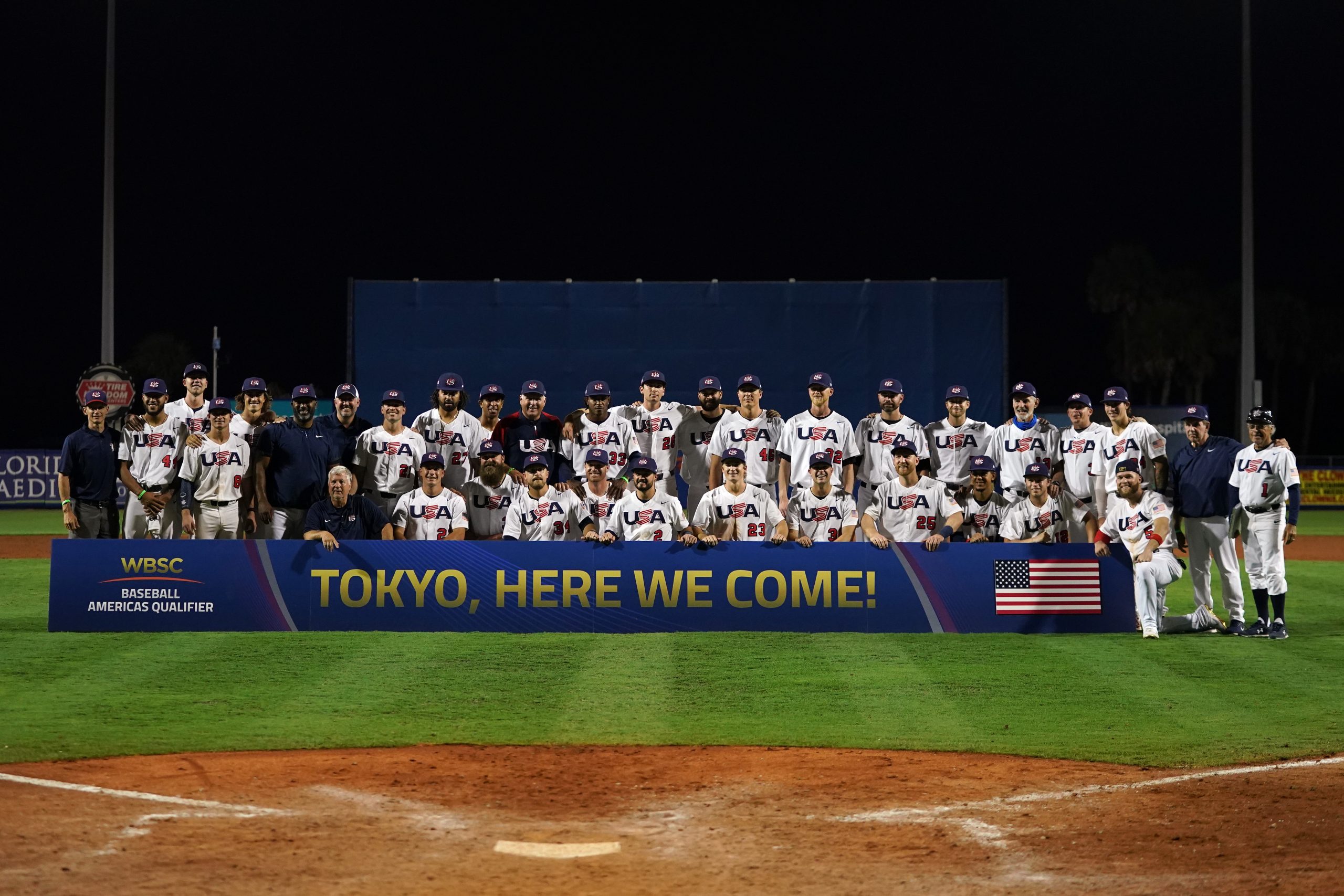
USA TODAY Sports/Jason Vinlove
On Thursday, International Olympic Committee (IOC) and Japanese organizers announced that all spectators would be barred from attending the Tokyo Olympic Games.
The change comes as Japan issued a state of emergency due to the spread of coronavirus in the country.
Though the announcement from Olympics Minister Tamayo Marukawa is sure to upset fans who had been looking forward to attending in person, the latest COVID-19 concerns won’t affect the athletes, many of whom worried that the Games would not go on as planned due to issues related to the pandemic.
COVID-19 state of emergency in Japan
The latest state of emergency in Japan announced by Prime Minister Yoshihide Suga will be in effect from July 12 through August 22.
That covers the entirety of the Tokyo Olympics, which are slated to run from July 23 through August 8.
The Japanese government has made strong efforts to keep COVID-19 cases to a minimum, especially as the Olympic Games approached.
But the spread of the delta variant in recent weeks has raised concerns about a possible resurgence of infections.
Tokyo reported 920 new cases on Wednesday, a increase of 206 from just one week earlier and highest total since May 13, when 1,010 cases were recorded.
That marks 18 straight days of case increases compared to cases from a week prior, which has health officials concerned.
The population’s low vaccination rates also create a greater risk as athletes and media professionals have descended upon Tokyo in recent days.
While vaccination rates have climbed in the U.S. to over 47%, only about 15% of Japanese people have been fully vaccinated, partially due to limited vaccine supplies.
Since the beginning of the pandemic, Japan has recorded over 800,000 coronavirus cases and suffered almost 14,900 COVID-19 deaths.
Tokyo 2020’s troubles
Maintaining the spirit of the Games has been tough for the Tokyo 2020 organizing committee from the start.
Just as excitement for the event was beginning to build last year, the Tokyo Olympics faced an official postponement as the virus raged across the globe.
Vaccination efforts early this year brought some hope of a more normal Olympics, complete with a lively opening ceremony, fan-filled stands, and a buzzing atmosphere in the host city.
But those dreams were quickly squashed as Japan announced months ago that foreign spectators would be banned from attending.
In recent weeks, 50% capacity limits were also put into effect, with a maximum of 10,000 fans to be permitted in any Olympic event venue.
With Thursday’s announcement, however, Japanese residents have lost the opportunity to attend the sporting events altogether.
That may bring relief to Japan health officials, including one of the country’s top medical advisers, Dr. Shigeru Omi, who had recommended holding the event without any fans as recently as last week.
In fact, there has been a high level of opposition throughout Japan, with many residents voicing that they were against holding the Olympic Games in Tokyo this summer.
Tokyo Olympic organizing committee president Seiko Hashimoto and IOC president Thomas Bach have both been under harsh scrutiny for both planning to go ahead with the Games and for the many last-minute changes announced in recent weeks.
The Tokyo 2020 Paralympic Games, which are set for August 24 through September 5 of this year, could also be affected by the recent rise in cases.
An announcement on plans from the International Paralympic Committee is expected on July 16.
What will the Tokyo 2020 Olympics be like without fans?
In addition to preventing fans from attending the Summer Games, Tokyo officials are also barring bars and restaurants from serving alcohol due to the state of emergency.
Stay-at home requests are likely to be placed on Tokyo residents to minimize festivities and gatherings related to the Olympics in and around the city.
Notably, exceptions for event attendance are being made for Olympic venues located well outside the city, including stadiums in the Fukushima, Miyagi, and Shizuoka regions.
Venues in those areas will still be able to welcome Japanese fans, though with limited capacity.
The opening ceremony will also be affected by the coronavirus state of emergency.
Due to the rise in infections, organizers have decided to cancel plans to have the Olympic torch relay take place on the Japanese capital streets.
The relay will instead take place on remote islands off the Tokyo coast, though Tokyo organizers haven’t clarified how (or whether) the torch will be brought to the stadium for the ceremony.
With today’s announcement, this year’s Olympics will be a very television-driven event, though it’s still unknown exactly how the attendance restrictions will affect media presence at the Games.
The Tokyo 2020 Summer Olympics will be broadcast by NBCUniversal across its broadcast, cable, and digital properties.